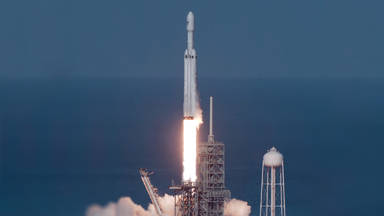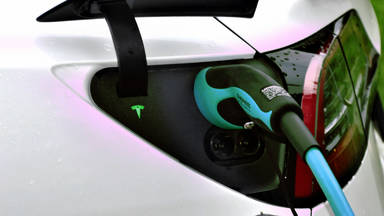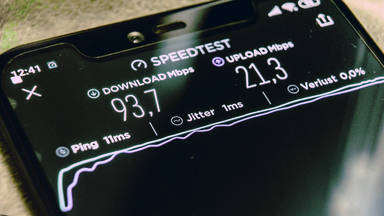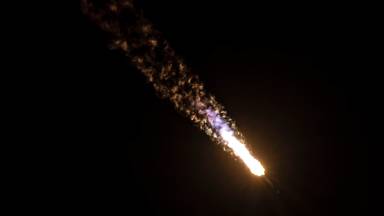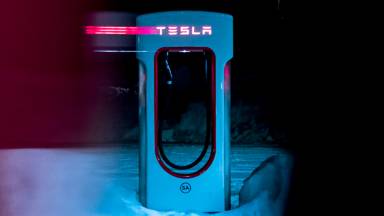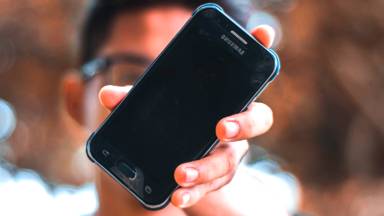
Identifying people with biometric data is becoming increasingly sophisticated, from fingerprints to walking-style. The latest chapter of this evolutionary path is being written by the Pentagon with Jetson, an infrared laser that identifies people remotely by their heartbeat.
The device was developed and tested by Ideal Innovations, a company specializing in the production of biometric technologies that also works for the US Department of Defense, and was named among the projects concluded in the annual report of The Combating Terrorism Technical Support Office (CTTSO), an office connected to the Pentagon. It has not been specified, however, whether the laser has already been in use by the US military.
The device first detects the micro-movements created by the pulsations on the skin and then, compares the acquired data with those present in a database.
The strength point
To understand the differences between this biometric technology and the others, such as facial recognition, it's worth noting that the Bio-features which this technology is focusing on is not only unique for each person but cannot even be disguised.
In this manner, Jetson could complement facial recognition, the biometric measurement method commonly used by the military, whenever the identification of a subject is hindered by unfavorable environmental conditions, such as poor lighting, or alterations in the appearance of the face, such as the presence of a beard or sunglasses.
The limits of the prototype
But this is a prototype, so the technology still has weaknesses. First, it doesn't work if the individual is wearing warm clothes, like a winter coat. To gather the necessary information, then, the laser needs at least 30 seconds. This means that an optimal result can only be achieved if the subject does not move or is seated. That's an uncommon scenario when you consider military operations. Finally, efficiency is also dependent on the quality and quantity of information entered in the heartbeat database.
Future scenarios
A future field for this laser could be the medical area. "A doctor could scan arrhythmias and other conditions remotely, or hospitals could monitor the condition of patients without having to connect them to machines". However, the possibility that such technology could be used in public places in the future is annoying, as is already the case with facial recognition. Because even though Jetson still has difficulty identifying moving subjects, it is already drafted for military use, and its creators are working to improve its capabilities.
